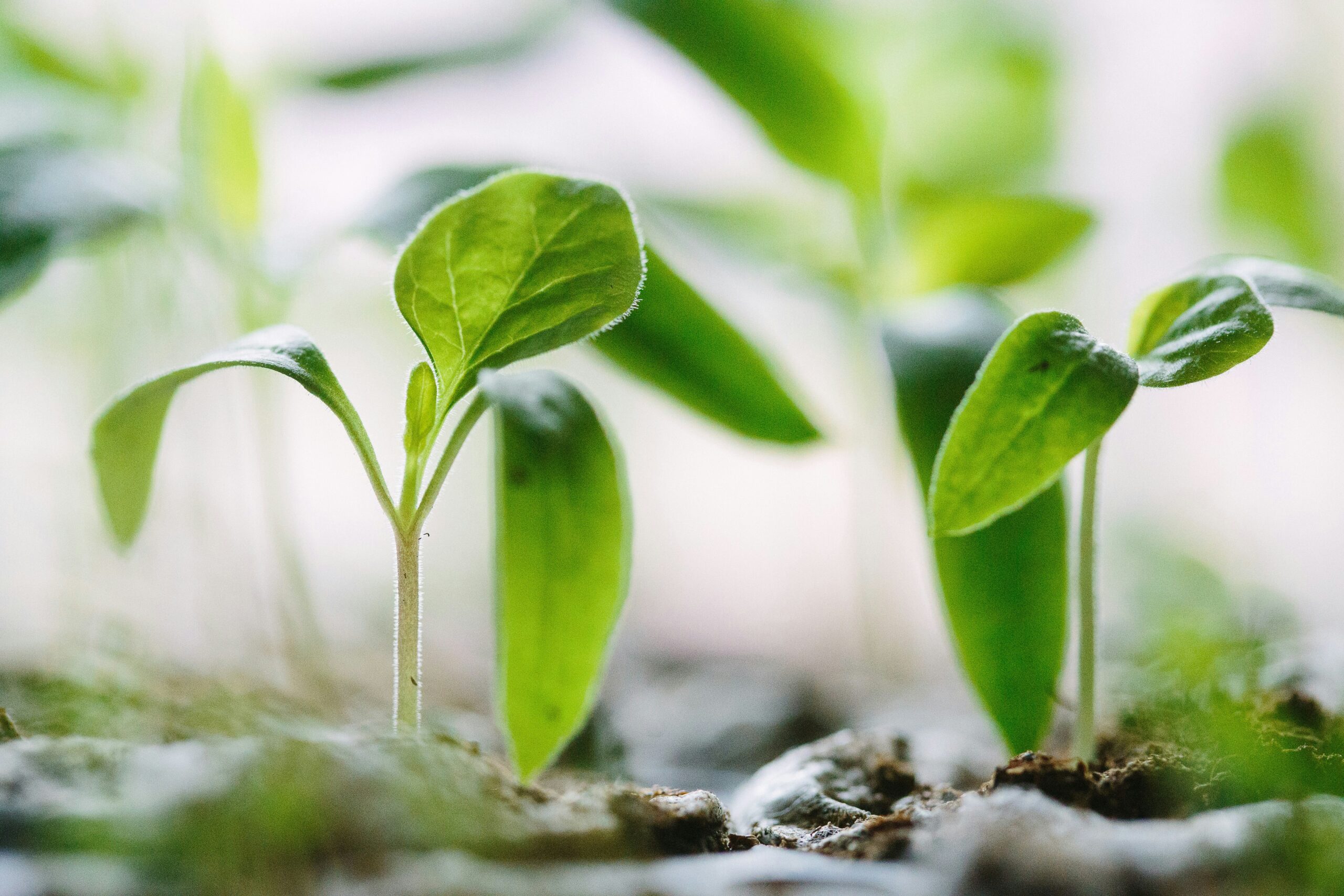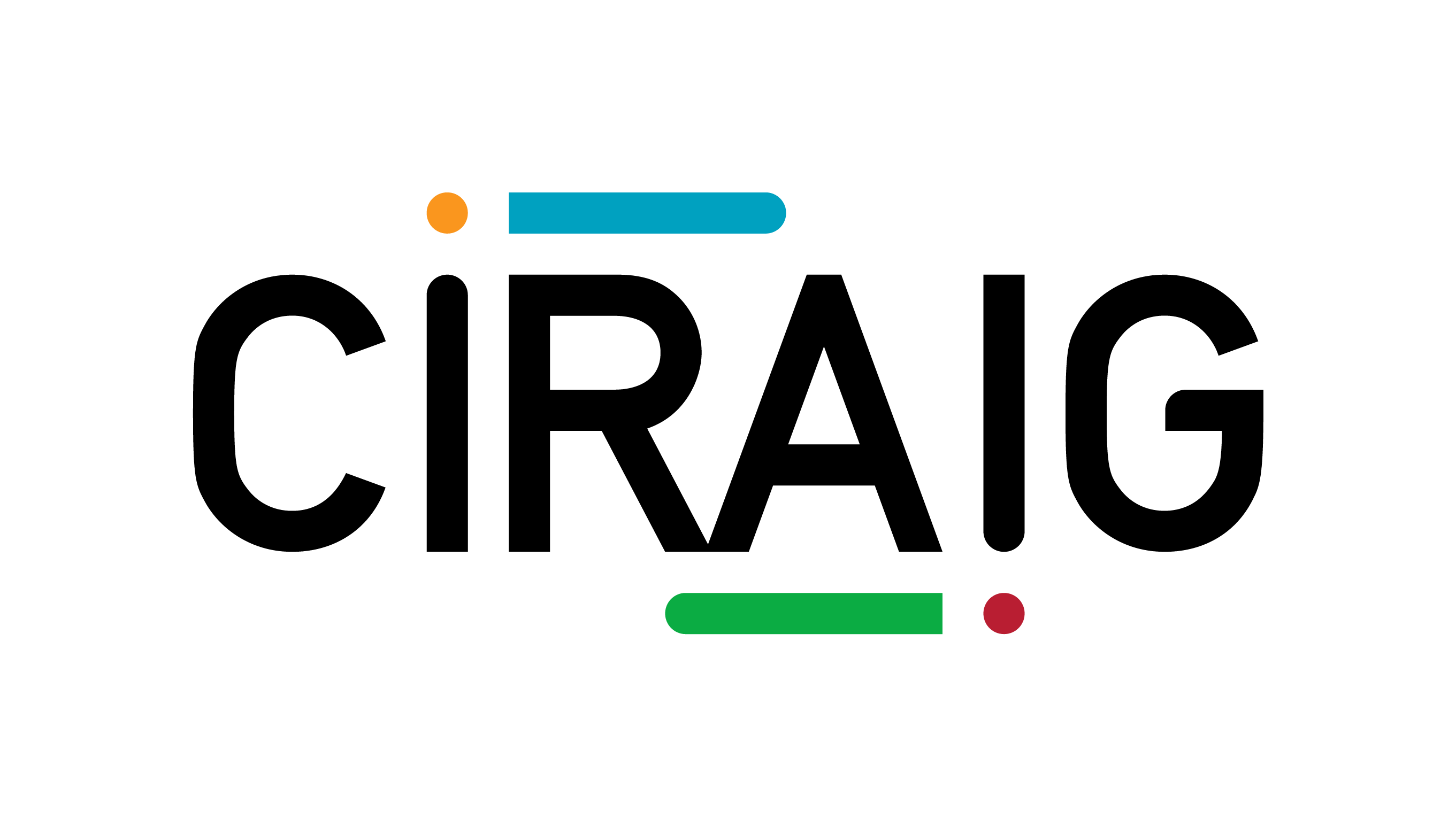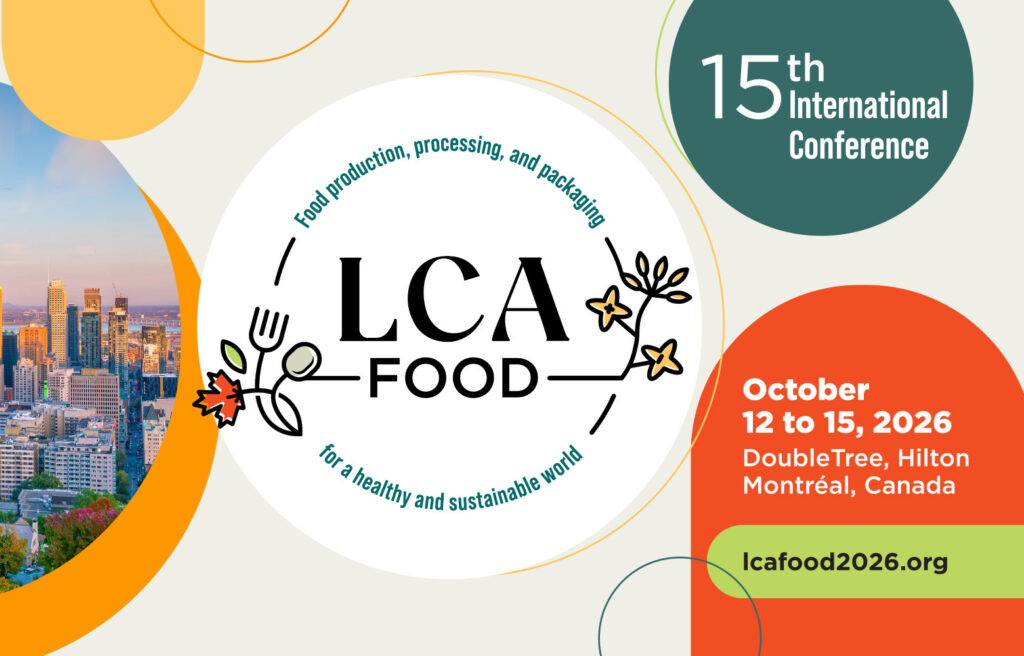Project
Biogenic GHGs accounting in LCA
In Life Cycle Assessment (LCA), the accounting of biogenic carbon is little harmonized. Different, even contradictory, approaches are identified in current standards for different sectors of the economy (biofuel, bio-based plastics, construction, etc.). The general objectives of this study are to identify the issues at stake in these approaches, in order to issue recommendations for several actors.

Defined in various ways in the literature, biogenic carbon is characterized by its absorption from the atmosphere through photosynthesis (sequestration) and by its belonging to the short carbon cycle. The ScoreLCA association commissioned the CIRAIG to carry out a study in collaboration with a number of stakeholders, in order to identify the methodological challenges and establish recommendations for accounting for biogenic GHGs (CO2, CH4 and CO) in LCA.
This study meets the following objectives:
- Establish the state of the art of methodological issues identified in the scientific literature for the accounting for biogenic carbon in LCA. Three main aspects are covered:
- Static accounting approaches (including “FC = 0/0” and “FC = -1/+1”)
- Dynamic accounting approaches (taking into account temporary storage, crop rotation, etc.)
- Specific accounting for flows linked to land use and land use change (LULUC)
- Summarize regulatory and standards requirements, as well as the positions of a number of stakeholders, and shed light on the development of standardization in this area;
- Take a more operational look at the various methodological issues in a case study;
- Issue recommendations for standard-setting bodies, stakeholders and LCA practitioners to improve the understanding of the benefits and limitations of biogenic carbon accounting.
In collaboration with
We use cookies on our website to give you the most relevant experience by remembering your preferences and repeat visits. By clicking “Accept”, you consent to the use of ALL the cookies.
Manage consent
Privacy Overview
This website uses cookies to improve your experience while you navigate through the website. Out of these, the cookies that are categorized as necessary are stored on your browser as they are essential for the working of basic functionalities of the website. We also use third-party cookies that help us analyze and understand how you use this website. These cookies will be stored in your browser only with your consent. You also have the option to opt-out of these cookies. But opting out of some of these cookies may affect your browsing experience.
Necessary cookies are absolutely essential for the website to function properly. This category only includes cookies that ensures basic functionalities and security features of the website. These cookies do not store any personal information.
Any cookies that may not be particularly necessary for the website to function and is used specifically to collect user personal data via analytics, ads, other embedded contents are termed as non-necessary cookies. It is mandatory to procure user consent prior to running these cookies on your website.
Your subscription could not be saved. Please try again.
Your subscription has been successful.





